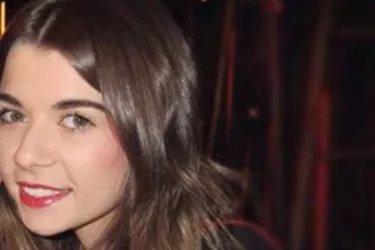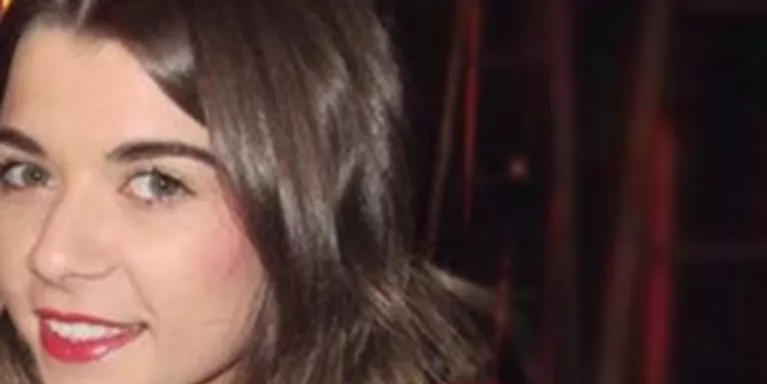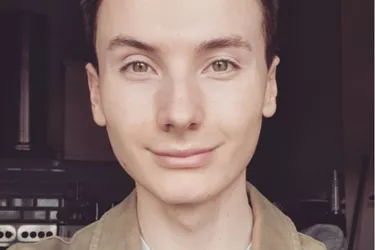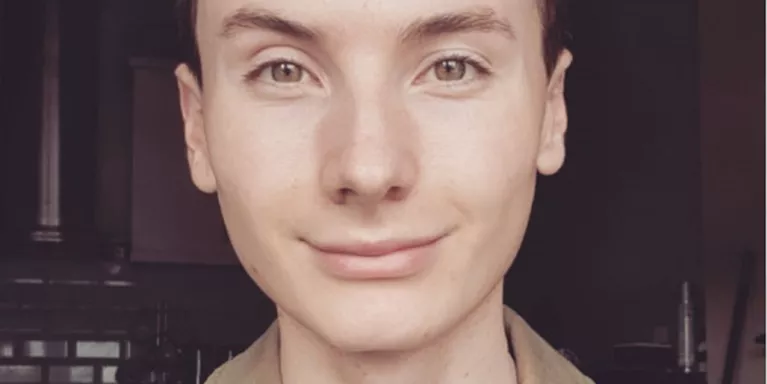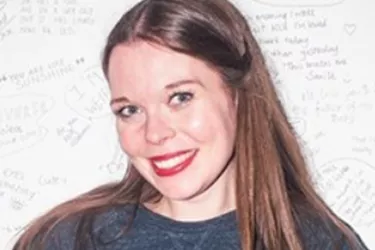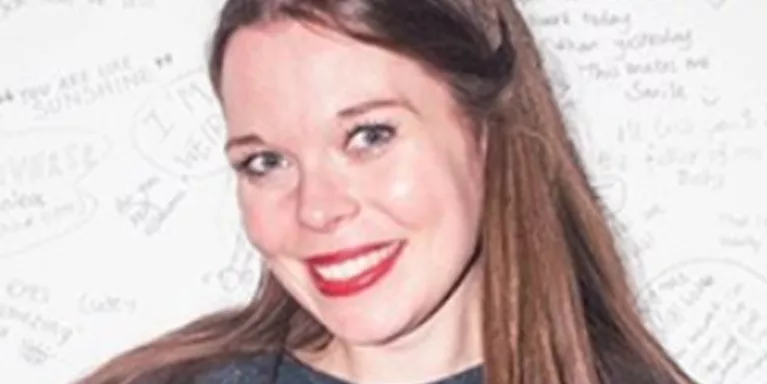Anorexia: six years on
Hope blogs about her time in an adolescent psychiatric unit and her journey to overcome anorexia.
You can follow Hope on Twitter @hopevirgo
Growing up I had always had a funny relationship with food, always trying out new diets and reading up on what I should and shouldn't be eating.
But six years ago I hit rock bottom. I was admitted to a mental health adolescent hospital.
My hair thinning, my skin a yellowy colour, I stood in the entrance with my suitcase as my Mum dropped me off. For the first time in years, the anger disappeared, tears streamed down my face and I was absolutely terrified. I pleaded with Mum to let me come home and promised I would eat but it was too late.
I don't know where I lost control. Was it when I was attending Child and Adolescent Mental Services (CAMHs)? When my exercise became compulsory? When I began to lie about what I was eating and where I was going? Was it when I realised I would rather be dead than fat? Or when I was too afraid to go out for dinner or eat anything because of the fear I would put on weight?
At the hospital, I had barely dropped my suitcase in my room when the hard work started. The snacks, the meals, the bed rest, the group work - every day merged into one long battle to fight my anorexia and get out of hospital so I could start living my life.
Throughout my whole childhood my relationship with food wasn't right. In my mind if I ate, I would put on weight. But this equation only related to Hope Virgo, no one else. I had learnt this equation as a child and it had stuck with me. I had to completely relearn the importance of eating. I had to learn to remove all feelings from the food and then talk about it once I succeeded with eating something.
As the days in hospital turned quickly into months, my weight went up. I felt like the physical problems were changing too quickly and my mind wasn't keeping up. When I first started my recovery I had to take every day as it came. If I thought too far ahead I panicked or I would become preoccupied with obsessional planning of exercise and when I could miss a meal.
When I was in hospital I never thought or knew recovery was possible. I never imagined a day not governed by calories or feeling like a beached whale. I was curious about how people got through a day with eating without calorie counting.
But now six years on am I fully recovered from my anorexia? To people looking on, they see me as a normal working girl in my twenties. Living in London, a healthy weight, training for a marathon, and someone who enjoys healthy food. But to me and those closest to me, it is not always that straightforward. To those around me they worry about me running a marathon, they worry I will become obsessed with food and exercise again.
And yes, some days I still wake up and feel huge and completely unhappy with myself. I have moments when I panic at a meal time and frantically try to add up all the calories on my plate. It still scares me when this happens, but I do feel in control of it and able to manage myself with it.
People need to start understanding more about anorexia, and mental health problems. Just because someone doesn't look physically unwell, doesn't always mean they are okay. This year, everyone needs to take more time to listen to those around them if they want to talk and make sure they offer support when needed. I am six years in to my recovery from a mental health problem, completely physically healthy, but this doesn't mean I am always okay with it - I just feel confident with where I am in my recovery that I can fight it.
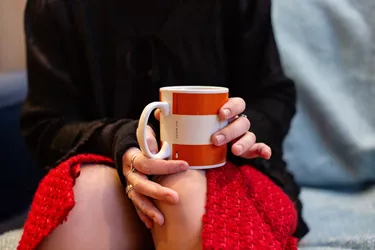

Information and support
When you’re living with a mental health problem, or supporting someone who is, having access to the right information - about a condition, treatment options, or practical issues - is vital. Visit our information pages to find out more.
Share your story with others
Blogs and stories can show that people with mental health problems are cared about, understood and listened to. We can use it to challenge the status quo and change attitudes.












